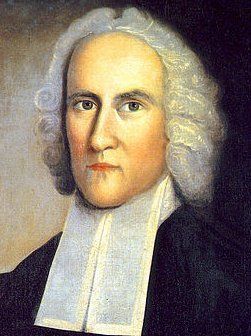Every true believer desires to proclaim the gospel to all and see evidences of a work of the Holy Spirit in bringing sinners to repentance and faith in Christ as Saviour and Lord.
This God has done in the past when there were undoubtedly periods of great blessing in revival. We see such an outpouring in the Acts of the Apostles, when many churches were planted and prospered amid persecution. On at least one occasion 3000 people were converted at one meeting (Acts 2:41).
The same is true of the Reformation period, when God greatly blessed the witness and service of Luther, Calvin and many others. On a lesser scale, the USA saw revival under the preaching of such men as Jonathan Edwards, George Whitefield and Asahel Nettleton. Similar outpourings of the Spirit have also been in evidence in the nineteenth and early twentieth centuries in the United Kingdom.

Reproducing revival
These can rightly be called times of revival, but one of the problems today is that many people equate revival with extraordinary phenomena and give a lot of credence to great emotional experiences and testimonies of people who claim to have experienced them.
However, similar phenomena are evident around the world in religions which do not even claim to be Christian. The author has been in areas where those who practise pagan religions fall into trances, drop to the ground, speak in tongues, perform ‘miracles’ with floods of tears and deep emotion as they call on their gods. Let us be careful how we look back through the mists of history, or interpret contemporary reports. We must go to Scripture to find out what true revival is.













